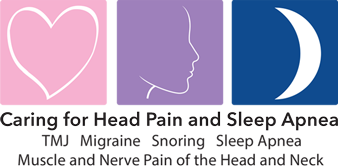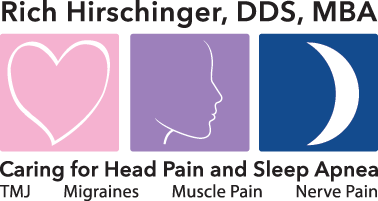

Rich Hirschinger, DDS, MBA
Diplomate American Board of Orofacial Pain
9615 Brighton Way, Suite 323
Beverly Hills, CA 90210
888.981.8981
Diplomate American Board of Orofacial Pain
9615 Brighton Way, Suite 323
Beverly Hills, CA 90210
888.981.8981
Signs and Symptoms of Sleep Apnea
More About Sleep Apnea
A common sign of sleep apnea is snoring, the turbulent noise of air passing through the airway. The pauses in breath that characterize sleep apnea are often followed by a snoring or choking sound as the person forces air through a constricted or collapsed airway. It is important to note that snoring is not a definite indicator of sleep apnea and can occur apart from the condition.
Sleep apnea can be difficult to diagnose, as the individual with the condition is asleep during the time major indicators are present and is unable to judge the severity of what may be happening. A bed partner or family member can help by bringing their observations to the person exhibiting signs of sleep apnea.
A symptom that an individual with sleep apnea is likely to recognize is fighting daytime sleepiness. Because air intake is compromised in untreated cases of sleep apnea, the brain and vital organs are unable to get oxygen, diminishing the quality of sleep and reducing restfulness. A person with undiagnosed sleep apnea may find themselves especially tired during quiet periods of the day, while driving and other times of low activity.
Other symptoms of sleep apnea include a dry throat after waking, morning headaches, trouble concentrating, irritability or depression, and urination during sleep. An individual should consult his or her doctor if a sleep condition is suspected.






